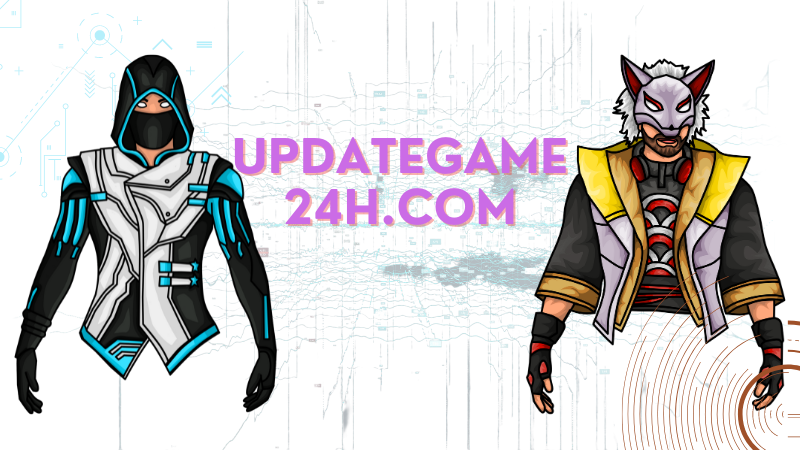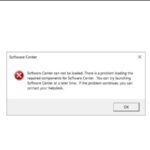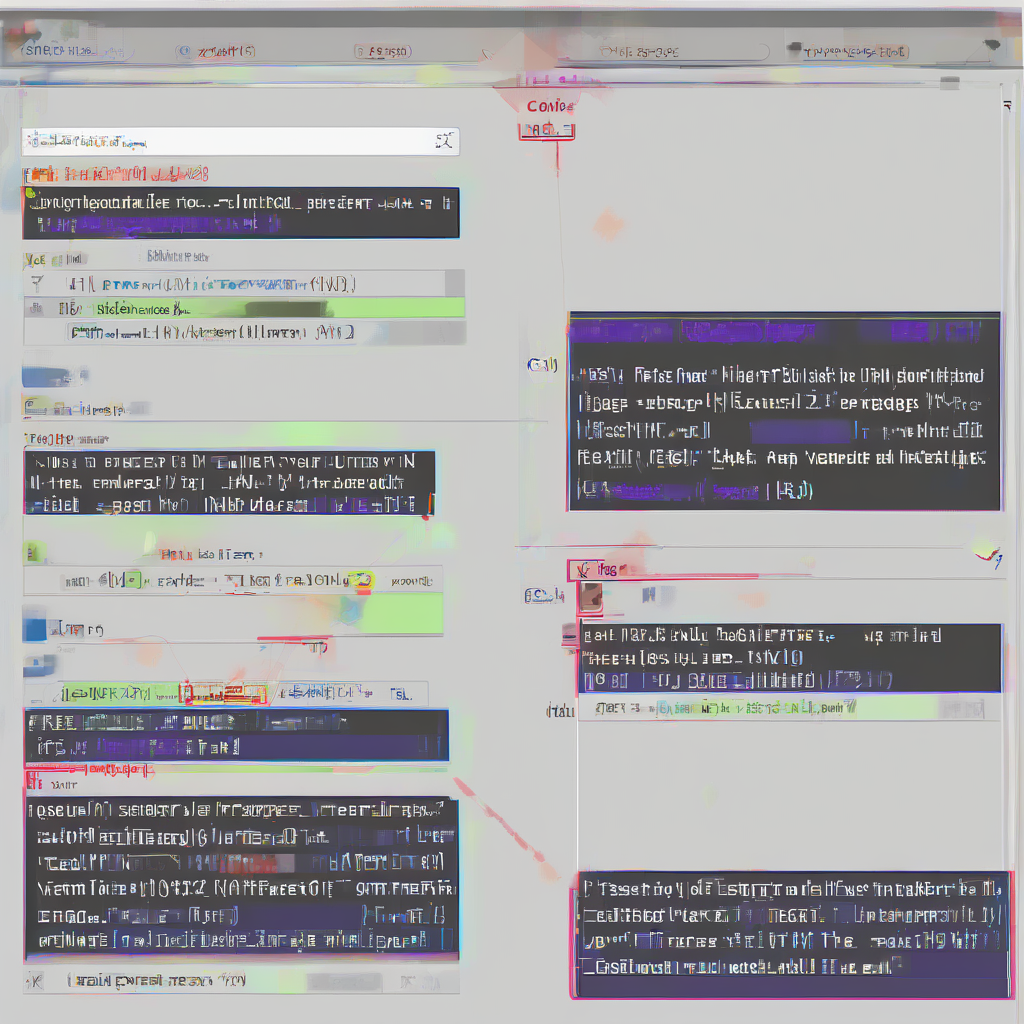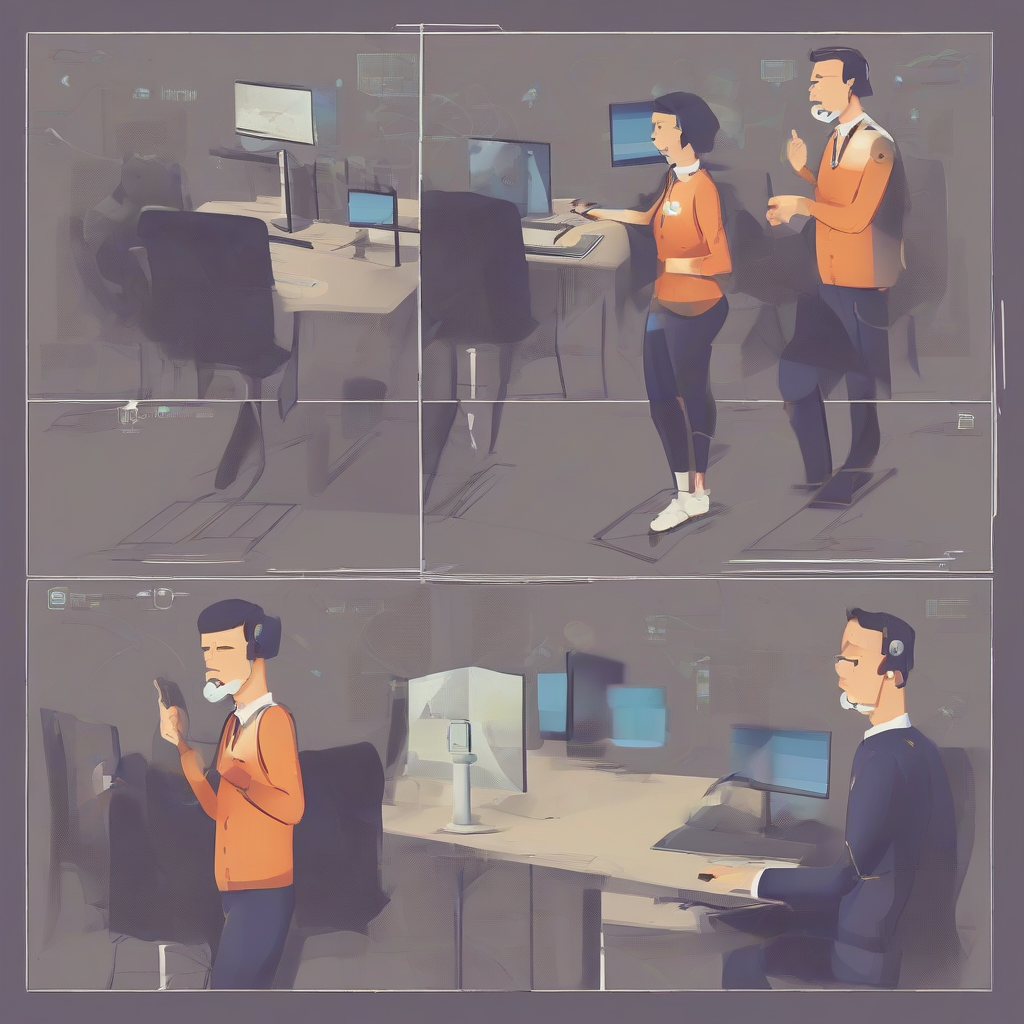CRM for Rental Management: Streamlining Your Business Operations
In the dynamic world of rental property management, efficiency and organization are paramount. From tenant communication to property maintenance, juggling numerous tasks can be overwhelming. This is where a robust CRM (Customer Relationship Management) system steps in, providing a centralized platform to manage your entire rental business effectively.
What is CRM for Rental Management?
CRM for rental management is a specialized software solution tailored to the unique needs of property owners and managers. It acts as a central hub for managing tenant relationships, tracking property information, streamlining communication, and automating various tasks. By integrating various aspects of your business, CRM empowers you to:
- Enhance Tenant Communication: Foster positive tenant relationships through personalized communication, automated reminders, and efficient issue resolution.
- Optimize Property Management: Track property details, maintenance requests, lease information, and rental payments seamlessly.
- Boost Operational Efficiency: Automate routine tasks, generate reports, and gain valuable insights into your business performance.
- Maximize Revenue: Improve tenant retention, minimize vacancy periods, and streamline rent collection processes.
Key Features of a Comprehensive Rental CRM:
1. Tenant Management:
- Tenant Database: Store comprehensive tenant information, including contact details, lease terms, rental history, and payment records.
- Communication Tools: Utilize email, SMS, and online portals for seamless communication with tenants regarding lease renewals, payment reminders, maintenance requests, and important announcements.
- Tenant Portal: Empower tenants to access their lease agreements, pay rent online, submit maintenance requests, and manage their account information conveniently.
2. Property Management:
- Property Inventory: Maintain detailed records of each rental property, including its address, square footage, amenities, rental history, and maintenance logs.
- Lease Management: Track lease terms, renewal dates, rent payments, and any associated fees or penalties automatically.
- Maintenance Tracking: Create and manage maintenance requests, assign tasks to contractors, track repair progress, and monitor expenses.
- Inspection Management: Schedule and track property inspections, document findings, and generate reports to ensure compliance and maintain property standards.
3. Financial Management:
- Rent Collection: Automate rent collection processes, track payment history, and generate invoices and receipts.
- Expense Tracking: Monitor and categorize property expenses, including utilities, maintenance costs, insurance premiums, and taxes.
- Financial Reporting: Generate comprehensive financial reports on revenue, expenses, profitability, and cash flow for informed decision-making.
4. Marketing and Lead Generation:
- Lead Management: Capture and manage potential tenant leads through online forms, social media, and other marketing channels.
- Automated Marketing: Send targeted emails and messages to potential tenants, promoting available properties and attracting qualified applicants.
- Website Integration: Integrate your CRM with your rental property website for streamlined lead generation and online applications.
5. Automation and Workflow Management:
- Task Automation: Automate repetitive tasks, such as sending lease renewal reminders, generating invoices, and scheduling inspections, to free up your time for more strategic activities.
- Workflow Management: Define customized workflows for specific processes, such as tenant onboarding, rent collection, and maintenance requests, to ensure smooth operations.
- Customizable Reports: Generate customized reports and dashboards to track key metrics, monitor performance, and identify areas for improvement.
Benefits of Implementing a CRM for Rental Management:
1. Enhanced Tenant Satisfaction:
A CRM system empowers you to provide personalized tenant experiences by streamlining communication, addressing concerns promptly, and offering convenient online services.
2. Improved Property Management Efficiency:
By centralizing property information, automating tasks, and tracking maintenance requests effectively, you can streamline operations, reduce administrative overhead, and ensure consistent property upkeep.
3. Increased Revenue and Profitability:
A CRM system can help you attract and retain tenants, minimize vacancy periods, optimize rent collection, and track expenses for greater financial control and profitability.
4. Data-Driven Decision Making:
The insights gained from CRM data can inform strategic decisions regarding pricing, marketing, property improvements, and tenant relationships.
5. Reduced Administrative Burden:
By automating tasks and simplifying processes, you can free up valuable time for more strategic activities and focus on growing your rental business.
Choosing the Right CRM for Your Needs:
Selecting the appropriate CRM for your rental management business depends on your specific requirements, budget, and property portfolio size. Consider factors such as:
- Features and Functionality: Ensure the CRM offers the features you need for tenant management, property management, financial management, and marketing.
- Scalability: Choose a CRM that can adapt to your future growth, accommodating an increasing number of properties and tenants.
- Integration Options: Look for a CRM that integrates seamlessly with other tools you use, such as accounting software, email marketing platforms, and property management platforms.
- User Friendliness: Ensure the CRM has an intuitive interface that is easy for both you and your staff to use.
- Customer Support: Choose a CRM provider with reliable customer support and comprehensive documentation.
Conclusion:
Investing in a CRM for rental management is a strategic decision that can transform your business operations and enhance your success. By streamlining communication, automating tasks, and gaining valuable insights, a CRM empowers you to manage your properties efficiently, improve tenant satisfaction, and maximize profitability. As the rental market continues to evolve, adopting a robust CRM solution is essential for staying competitive and achieving long-term growth.







